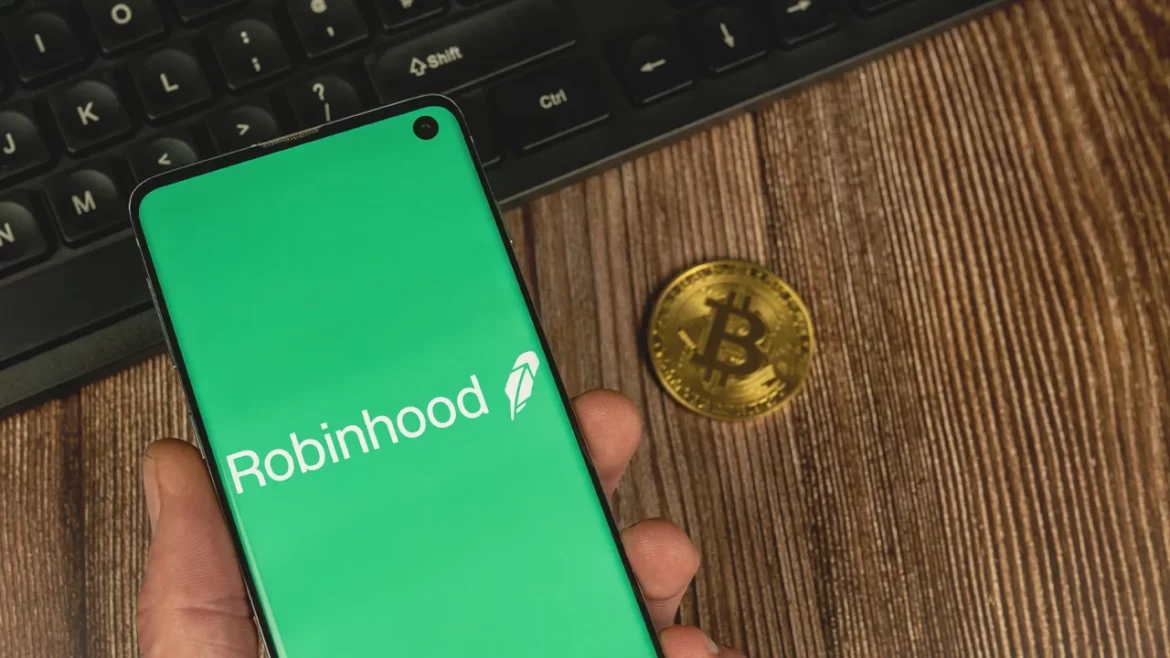“We firmly believe that the assets listed on our platform are not securities,” Dan Gallagher, Robinhood Markets’ chief legal, compliance and corporate affairs officer said in a statement. “We look forward to engaging with the SEC to make clear just how weak any case against Robinhood Crypto would be on both the facts and the law.”
Following enforcement actions against Coinbase and Kraken, Robinhood Crypto finds itself as the latest U.S. firm in the SEC’s crosshairs offering customers digital asset services. In a filing on Friday, Robinhood warned that the SEC’s recommendation to pursue an enforcement action against Robinhood was related to investigative subpoenas it previously received.
While most exchanges offer customers a myriad of digital assets, Robinhood Crypto’s offerings are comparatively limited. It varies state to state, but In New York, Robinhood Crypto offers investors the ability to buy and sell 15 different cryptocurrencies.
Robinhood Crypto’s Wells Notice comes amid an uptick in regulatory warnings issued toward U.S. crypto firms by the SEC. Mirroring a string of legal salvos fired a year ago, the Commission has recently sent Wells Notices to the Ethereum software giant Consensys—the company behind popular wallet MetaMask—and Uniswap Labs, makers of crypto’s most popular decentralized exchange.
Using a service called Robinhood Connect, MetaMask users in the U.S. could start funding self-custodial wallets with a debit card, bank transfer, or existing Robinhood balance in February. The same service can also be used by users of Uniswap’s mobile app, a feature unveiled by Uniswap Labs last week.
Following Uniswap Labs’ receipt of a Wells Notice, the price of its native UNI token fell sharply last month. Among the tokens offered by Robinhood in the U.S., UNI was listed last July.
The investigative subpoenas Robinhood said it previously received focused on the firm’s cryptocurrency listings, alongside custody practices for how customers’ assets are stored. In a filing, the company said the SEC’s actions could range from civil litigation or cease-and-desists.
In June of last year, Robinhood Crypto moved to pare down its cryptocurrency offerings following enforcement actions against Coinbase and Binance. The firm’s U.S. users lost access to trading Cardano (ADA), Polygon (MATIC), and Solana (SOL) in a matter of weeks.
The tokens dropped by Robinhood Crypto are allegedly securities—a key part of the SEC’s claims that some U.S. crypto exchanges are in noncompliance. Under the so-called Howey Test, the regulator has asserted that the sale of some tokens comprise investment contracts.
Wall Street’s top regulator has also taken issue with certain U.S. crypto firms allegedly offering key services through self-custodial wallets. Last August, Robinhood expanded its Robinhood Wallet program to let users dive into decentralized finance through Ethereum swaps.
For Robinhood’s European customers, investors can tap up to 30 different cryptocurrencies. In the United States, Robinhood’s crypto expansion began with offering Bitcoin and Ethereum in 2018.
Though the company’s crypto offerings have been expanded since, Robinhood Crypto’s then-COO said its listing process was distinct compared to its competitors in 2021. Robinhood is a “safety-first company,” Christine Hall said, adding, “We want to make sure that we’re working in assessing everything from a regulatory perspective really well.”
- Senator Ted Cruz Introduces FLARE Act to Repurpose Flared Gas For Bitcoin Mining
- Big Victory in Tornado Cash Case as Judge Says OFAC Exceeded Authority
- Shaquille O’Neal Reaches Settlement in Lawsuit Over Promoting Defunct Crypto Exchange FTX
- SEC Forms New Crypto Task Force Spearheaded by Hester Peirce
- New York Gives Regulatory Green Light to Blockchain-Focused Asset Manager
- Arizona and Utah Make Legislative Strides Towards Bitcoin Reserves






